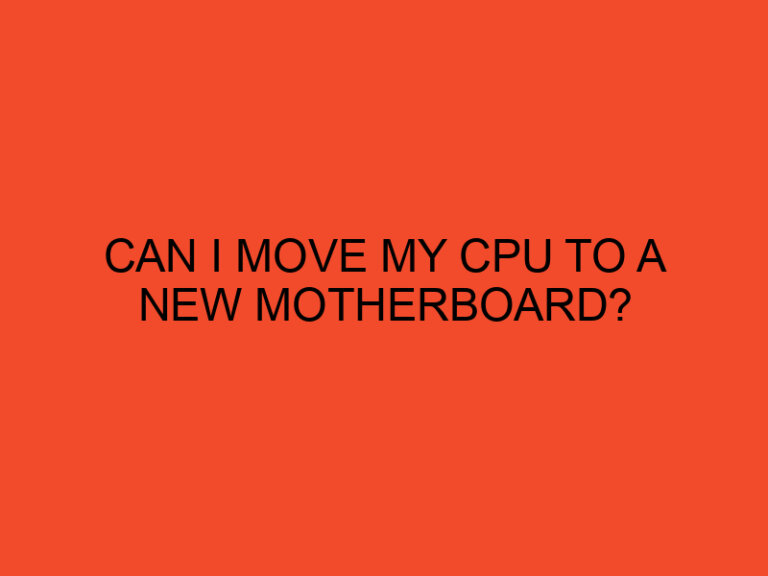In the world of mechanical keyboards, enthusiasts have a wide range of choices when it comes to selecting the right materials for their keyboard build. One of the crucial components that greatly impacts the typing experience is the keyboard plate. The plate provides stability and rigidity to the switches and affects the overall feel and sound of the keyboard. Among the popular plate materials, brass and aluminum stand out for their unique characteristics. In this article, we will explore the differences between brass and aluminum plate keyboards, helping you make an informed decision based on your preferences and requirements.
Table of Contents
Introduction
When building a custom mechanical keyboard, the plate is a vital element that affects the overall typing experience. Brass and aluminum are two popular materials used for keyboard plates, each with its own unique properties. Understanding the characteristics of these materials will help you make an informed decision while designing your perfect keyboard.
Brass Plate Keyboards
Advantages
Brass plates offer several advantages for keyboard enthusiasts. Firstly, they provide a firm and solid typing experience, offering a satisfying tactile feedback. The weight of brass contributes to the overall stability, reducing any potential flex in the plate. Additionally, brass plates have excellent vibration dampening properties, resulting in a quieter typing experience.
Disadvantages
Despite their benefits, brass plates also have some drawbacks. One of the main concerns is the increased weight, which may not be suitable for users who prefer lighter keyboards. Brass plates also tend to be more expensive compared to aluminum, adding to the overall cost of the keyboard build.
Aluminum Plate Keyboards
Advantages
Aluminum plates are widely popular due to their versatility and affordability. They offer a lightweight option for keyboard enthusiasts who prioritize portability and a more relaxed typing experience. Aluminum plates also provide a distinctive sound profile, producing a crisper and higher-pitched sound compared to brass plates.
Disadvantages
While aluminum plates have their advantages, they also have a few limitations. The lightweight nature of aluminum can result in more flex, affecting the stability of the keyboard. Additionally, the higher-pitched sound may not be preferred by users who seek a deeper and more solid sound.
Comparing Brass and Aluminum Plates
To help you choose the right plate material for your keyboard, let’s compare brass and aluminum across several factors:
Typing Feel
Brass plates offer a firm and solid typing feel with a pronounced tactile feedback. On the other hand, aluminum plates provide a lighter and more relaxed typing experience.
Sound Profile
Brass plates produce a deeper and more resonant sound, while aluminum plates create a crisper and higher-pitched sound.
Durability
Both brass and aluminum plates are durable and can withstand the rigors of regular use. However, brass plates are generally considered more robust and resistant to deformation.
Weight
Brass plates are heavier compared to aluminum plates, offering a more stable typing platform. Aluminum plates, on the other hand, provide a lightweight option for users who prefer portability.
Choosing the Right Plate Material
The choice between brass and aluminum plates ultimately comes down to personal preference. If you prioritize a solid typing experience, enhanced stability, and a deeper sound, brass plates are an excellent choice. On the other hand, if you prefer a lighter keyboard, portability, and a crisper sound, aluminum plates may be the better option.
Consider experimenting with different plate materials to find the perfect balance between typing feel, sound, and weight that suits your preferences.
Conclusion
When it comes to selecting a plate material for your mechanical keyboard, both brass and aluminum offer distinct advantages and considerations. Brass plates provide a solid typing experience, enhanced stability, and a deeper sound, while aluminum plates offer a lighter build, portability, and a crisper sound. Understanding your personal preferences and requirements will help you make an informed decision and create a keyboard that truly suits your needs.
FAQs
What is the difference between a brass and aluminum plate?
The main difference lies in the weight and sound profile. Brass plates are heavier and provide a deeper sound, while aluminum plates are lighter and produce a crisper sound.
Which plate material is better for gaming?
Both brass and aluminum plates can be suitable for gaming, depending on your preferences. Brass plates offer a more solid and stable feel, while aluminum plates provide a lighter and more relaxed typing experience.
Can I customize the appearance of the plate?
Yes, both brass and aluminum plates can be customized with various finishes and colors to match your aesthetic preferences.
Are brass and aluminum plates interchangeable?
In most cases, brass and aluminum plates are not interchangeable due to differences in mounting hole positions. It’s essential to ensure compatibility with your keyboard’s case and PCB.
Can I replace the plate on my existing keyboard?
If your keyboard has a removable plate, you may be able to replace it with a different material. However, it’s important to check compatibility with your specific keyboard model.






